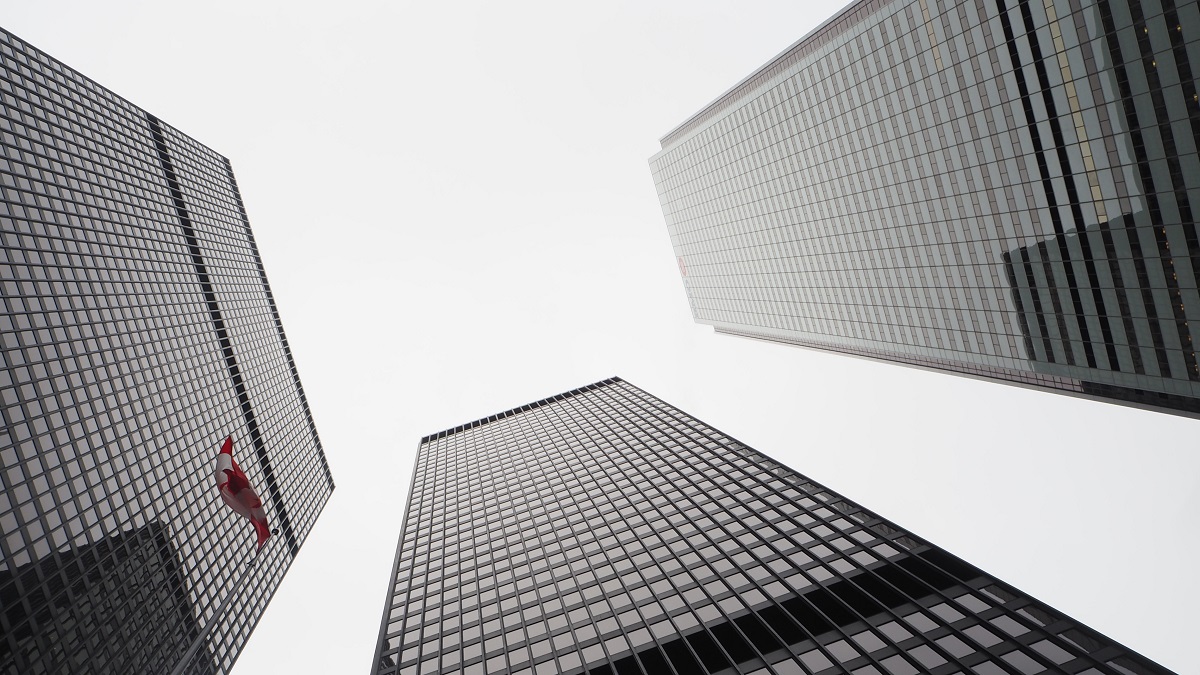
Last week, we covered a recent ESG Spotlight report from Morningstar Sustainalytics on supply chain risks and how they can impact your portfolio. Human rights incidents in corporate supply chains are one risk that has been gaining attention and investors should give it a closer look.
In the second part of a three-part series on the intersection of supply chains and ESG, “Unlocking Human Rights in Corporate Supply Chains” identifies industries and geographies at risk of human rights incidents, along with mitigating factors for investors and consumers alike.
“Investors have become acutely concerned about human rights violations linked to corporate operations and supply chains,” say authors Poulomi Sengupta and Martin Vezér, “Human rights breaches can result in companies experiencing losses due to production and supply disruptions, legal penalties and reputational damage.”
Controversies involving employees have accounted for 60% of all human rights incidents since 2012, the authors found, with most of those cases linked to supply chain events. And among those cases, food and retail products accounted for half of the supply chain incidents.
Food Stocks Face Rising Human Costs
“Supply chain incidents that involve allegations of human rights violations have been linked to a wide range of consumer products, including palm oil, tobacco, cocoa, coffee, sugar, seafood, rubber and chemicals,” note the authors, “Major global brands, such as Unilever UL, Nestlé NSRGY and Kellogg’s KLG, have been involved in significant human rights events through their suppliers’ workforce.”
Such events include allegations of unsafe working conditions, workers being exposed to harmful chemicals, paying workers below the legal minimum wage, and subjecting workers to excessive hours without compensation for overtime.
Traces of Forced Labour in Palm Oil
One ingredient commonly found in foods, palm oil, was found to have nearly 70 reported human rights incidents on the supply chain – drawing the attention of investors and authorities. “The US has been enforcing the issue more broadly. In March 2022, US customs officers responded to allegations of forced labour by seizing palm oil products imported from Malaysia valued at about US$2.5 million,” the authors point out.
The authors also point to last year’s implementation of the U.S.’s Uyghur Forced Labor Prevention Act, which requires importing companies to assess their supply chains and exclude any goods or materials that are sourced from China’s Xinjiang Uygur Autonomous Region.
The complexity of enforcing human rights in supply chains grows as they become longer, and involve more intermediaries, the authors found: “Traders often rely completely on their suppliers to source commodities, which can expose traders to human rights violations because they have less control over their suppliers.” Despite the challenges, however, demand for transparency persists. “Investors in the consumer goods sector continue to scrutinize portfolio companies and identify firms associated with poor human rights practices in their supply chains,” the authors add.
How Are Companies Handing Human Rights Concerns?
In 2022, Unilever partnered with Diginex,35 a software firm that aims to enhance
transparency on the ESG risks of its clients’ suppliers, to improve due diligence on
Unilever’s supply chains in Malaysia and Thailand. While applying technology to map
social risks within supplier networks can play a significant role in addressing issues that
have surfaced in palm oil production, the results of Unilever’s efforts have yet to be fully
manifested. In 2020, Unilever released a list of its first-tier suppliers, but we have found no
data on its second or lower tier suppliers, or suppliers associated with its subsidiaries.
More than half (270) of all companies (533) involved in employee human rights incidents in the supply chain over the past decade are associated with second-tier suppliers, the study found, “Companies have less control, and potentially less accountability for, second and lower-tier suppliers, as regulators and consumers set stronger expectations for product traceability; however, portfolio exposure to second and lower-tier suppliers involved in human rights controversies may result in material investment risks.”
How Can Investors Avoid Human Rights Risks in Supply Chains?
Investors can assess ESG risks on a stock-by-stock basis with Sustainalytics’ ESG Risk Ratings, which incorporates events, management indicators and market context. Sustainable investors can also dive into individual cases, such as a well-intentioned project from palm oil producer Bunge with concerning insights. The case is featured in this second report from Sustainalytics and covers an online transparency and traceability dashboard from Bunge that the researchers found showed 97% of the firm’s palm mills as indirect suppliers. The problem? “Palm oil plantations tend to be located in countries that are associated with human rights abuses,” said the authors, “As a result, most firms that rely on palm oil, including Bunge, source this commodity from these regions. At least 17 of the 19 countries where Bunge’s suppliers are based are associated with alleged or verified labour and human rights exploitations related to their palm oil supply chains.”
Forced labour may often be found in countries with unstable financial systems, which serves as a direct risk to investors. “Seven of the 19 countries in Bunge’s palm oil supply network have high Institutional Capital Risk scores,” say the authors, suggesting investors looking to further the exposure of portfolio companies to human rights risks through their suppliers may demand external or third-party supplier audits to investigate the conditions of workers and communities at suppliers’ facilities located in countries with significant or high levels of Institutional Capital risk. Meanwhile, Bunge’s relative transparency is a welcome step.





:quality(80)/cloudfront-us-east-1.images.arcpublishing.com/morningstar/6ZMXY4RCRNEADPDWYQVTTWALWM.jpg)

:quality(80)/cloudfront-us-east-1.images.arcpublishing.com/morningstar/L256SFNCVFD73CRB6NRPCGC2SU.jpg)















